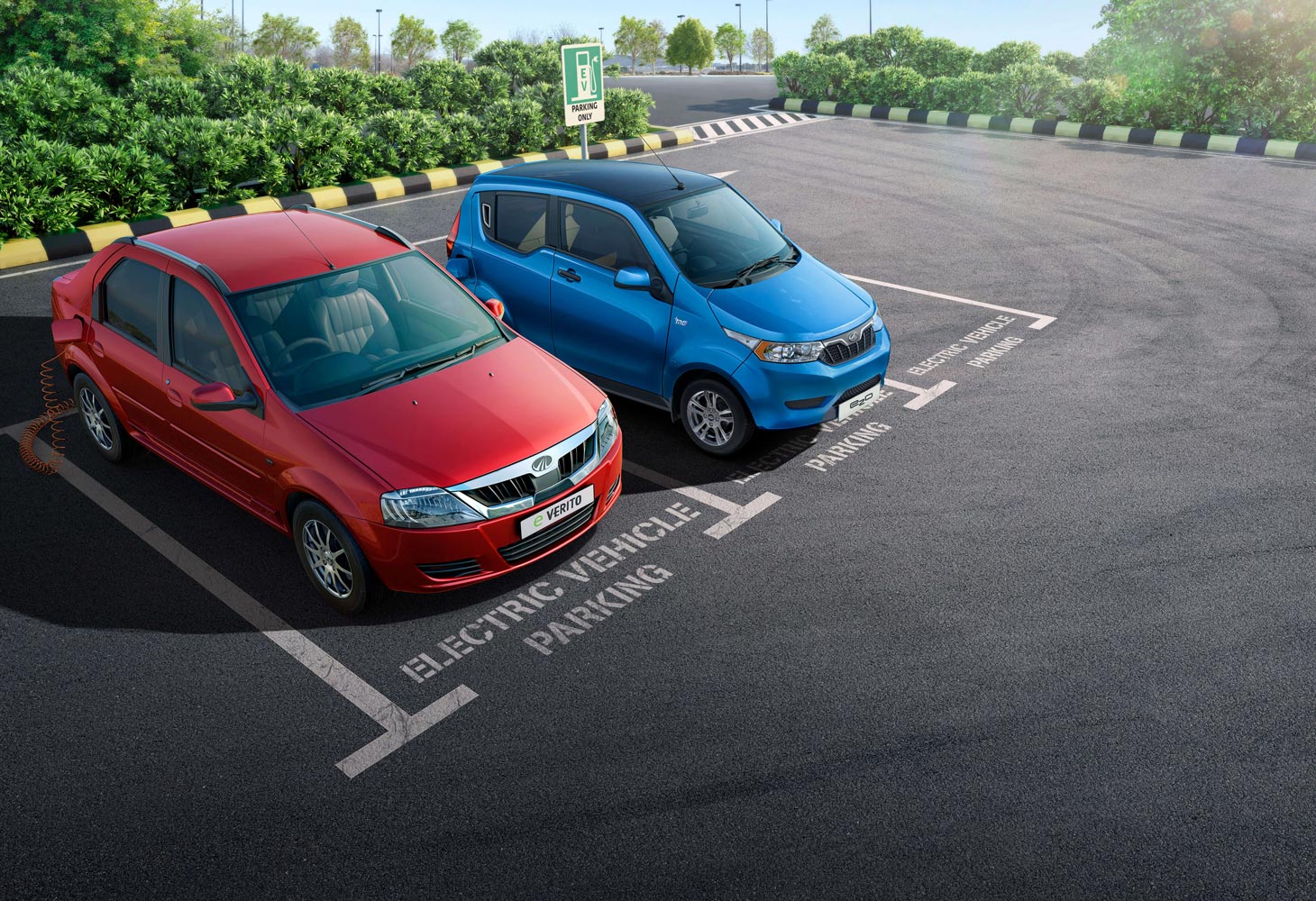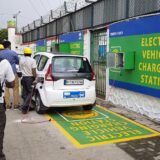
India unveils initiative to promote electric vehicle adoption
The automobile sector is a key driver of India’s economic growth and the largest contributor to the manufacturing sector. The automobile industry contributes nearly 6.4% of India’s gross domestic product (GDP) and 35 % of manufacturing GDP and is a leading employment provider.
India ranks number 1 in the world in two-wheelers, three-wheelers and tractors manufacturing and number 5 in passenger and commercial vehicles manufacturing. The size of the Indian OEM market is USD80.8 billion with exports of USD11.7 billion. The size of the auto component industry is USD57 billion with exports of USD15 billion and imports of USD17.7 billion. In value terms, the Indian automotive industry is ranked number 11 in the world. This is because the Indian automotive industry has succeeded in mass volume, lower value, lower technology products, not in advanced automotive technology products. In global automotive trade of USD1.5 trillion, India’s share is less than 2% with total exports of USD27 billion. India’s share of advanced automotive components is only 3% compared to 18%, globally which is estimated to further grow to 30% by 2030.
In the post-pandemic world, with a renewed thrust on climate change, there is a disruptive change happening in the global automotive scenario with a big boost to future technology Electric vehicles having zero emission. Innovations and technological breakthroughs in EV components are catalyzing this disruption. The Government of India has reaffirmed its commitment to reduce carbon emissions in the recently concluded COP26 summit. The Government of India is giving impetus to accelerate the EV transition in view of the climate change concerns and to reduce dependence on imported oil and has pressed several policy levers to achieve the same.
Policy initiatives to increase EV penetration
To give an impetus to manufacturing and adoption of Electric Vehicles and High-Technology Automotive, Ministry of Heavy Industries is executing three major schemes with a total outlay of INR54,038 crore (USD7 billion):
(i) Faster Adoption and Manufacturing of Electric Vehicles in India II (FAME India II) scheme with an outlay of INR10,000 crore (USD1.3 billion) to incentivize demand for EVs by providing upfront subsidies and creating EV charging infrastructure. 1 million electric two-wheelers, 5 lakh electric three-wheelers, 55,000 electric cars and 7,090 electric buses are to be supported under FAME II through subsidies.
(ii) National Programme on Advanced Chemistry Cell (ACC) with an outlay of INR18,100 crore (USD2.4 billion) to incentivize setting up of manufacturing facilities in the country for 50 gigawatt hour (GWh) of ACC and 5 GWh of “niche” ACC. Total investment of INR45,000 crore (USD5.9 billion) is envisaged under this scheme.
(iii) Productivity Linked Incentive (PLI) scheme for automobile and auto components with an outlay of INR25,938 crore (USD3.4 billion) to incentivise manufacturing of high technology automobiles and automotive components in India.
Other policy interventions
Other key interventions by the Government to promote EVs include reduction of GST on EVs from 12% to 5%, income tax deduction on the interest paid on loans taken to purchase electric vehicles, delicensing of EV charging by declaring it as a service and not sale of electricity, amendment of building bylaws codes and town planning rules for provision of EV charging stations, green license plates for EVs etc. Further, various state governments have come out with policies to incentivise adoption of EVs in the state and attract investment for EV manufacturing in the state.
The Ministry of Heavy Industries (MHI) organized a roundtable to promote electric vehicles on December 4 in Goa, India. Ministers of Transport and Chief Secretaries/Senior Officers from Indian states, industry leaders from automotive sector, start ups and technical experts were invited to participate.














